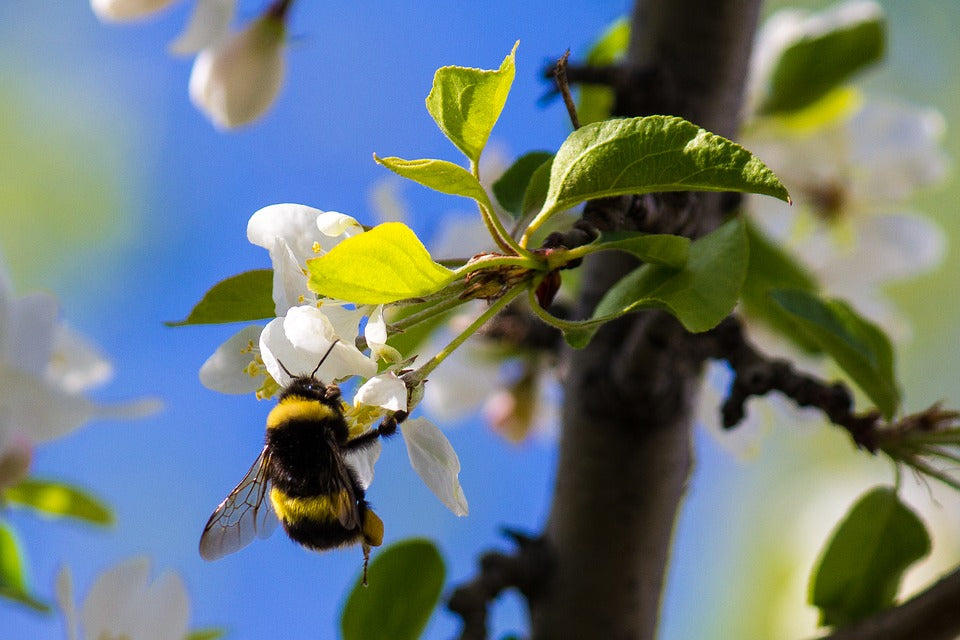Offer
Provide additional details about the offer you're running.
Provide additional details about the offer you're running.
Provide additional details about the offer you're running.

Those of you that know us are aware that we take habitat very seriously. In terms of both destruction and creation, habitat is one of the biggest challenge our birds, and many other members of the animal kingdom face today.
As bee populations across the globe decline at a rapid pace, scientists and researchers have been searching for answers and finding few. In addition to deadly pesticide use, researchers are now finding a unique correlation between habitat loss, early nesting birds, and declining bee populations.
In a study recently published in Behavioral Ecology and Sociobiology is suggesting that birds who begin building their nests earlier in the year than others are adversely affecting those who nest later such as bees and even other bird species.
“The effects of habitat destruction are complicated, but we must understand them if we are going to save threatened species,” Dr. Andrew Higginson, of the University of Exeter said in a release.
“The loss of nest sites due to damage to the environment is an important cause of species extinctions.”
Analyzing 221 bird and 43 bumblebee species around the world, researchers created a mathematical model of searching for and fighting over nest sites. They found that habitat competition in those places that have already been affected by human presence affected late nesters much more negatively than those who nest earlier in the spring months.
His study instead suggests we should begin to concentrate more on creating more suitable habitat for bees rather than focusing on providing bees with food. As more and more nesting sites are depleted due to human development, now is as good a time as ever for us to consider habitat creation to save the birds and the bees.
“These results suggest that to save rare species we need more focus on making sure that they have enough places to nest,” Higginson suggested.
As we have suggested many times before, the authors of the study suggest that we consider planting native shrubs and plants in our yards and neighbourhoods. As the competition heats up for viable nesting habitats, we as humans need to step up and replace what we have already removed from the ecosystem as best we can. The bees and our beautiful birds definitely depend on it.
.
High Quality Blend